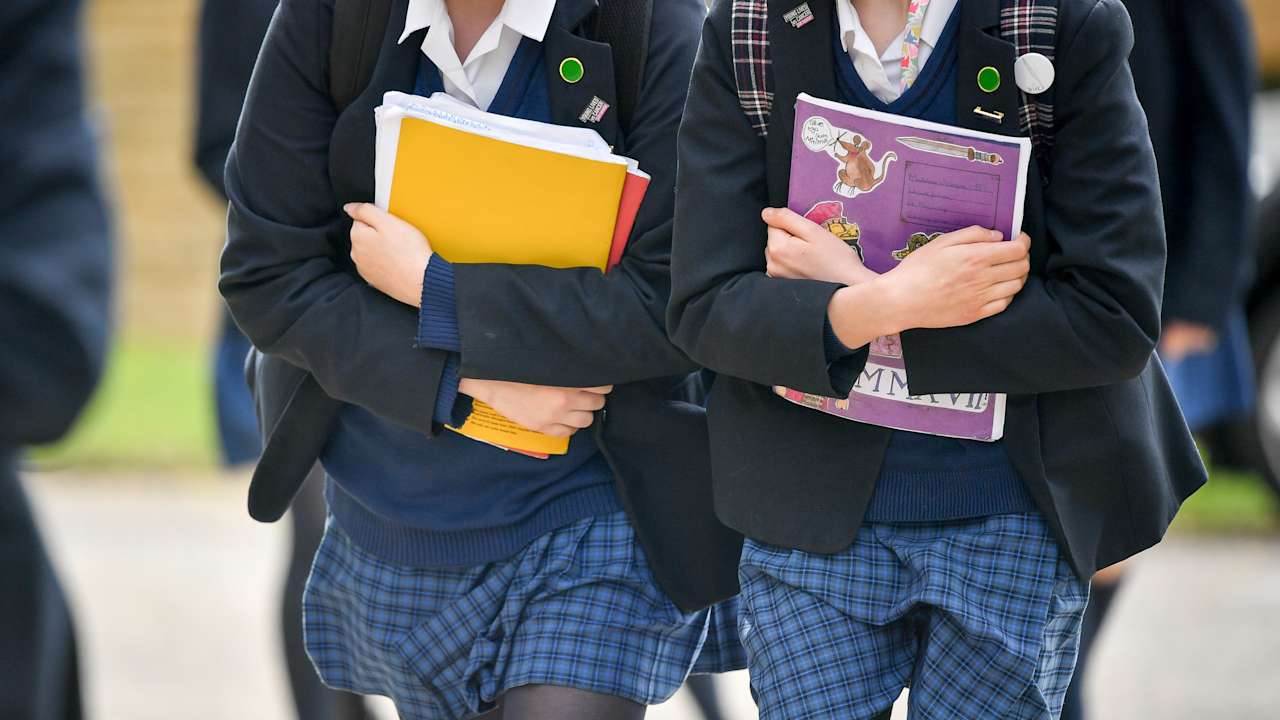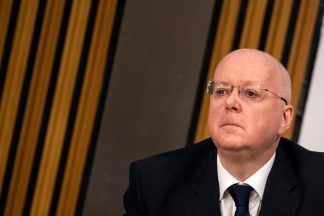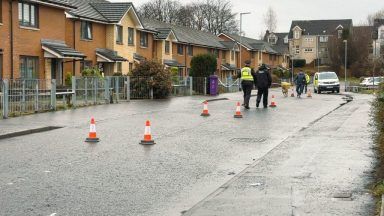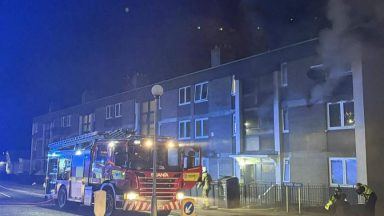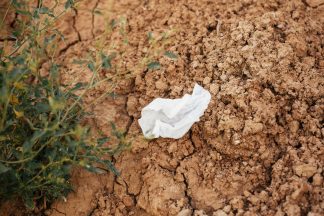The majority of teachers have witnessed children arriving at school in dirty clothes, with unwashed hair and unbrushed teeth over the past year – and they expect the situation to get worse, a survey has suggested.
Four in five (80%) school staff believe there has been an increase in “hygiene poverty” issues in their school in the last year – and a third of these said the rise has been “significant”, according to a poll.
The survey, of 500 school staff in the UK, suggests that nearly three in 10 (28%) have seen children repeatedly miss school because of hygiene poverty.
More than three in five (62%) have seen pupils with dirty uniforms or PE kits, and 60% have noted unwashed hair and unclean teeth, according to the poll carried out by Censuswide in September.
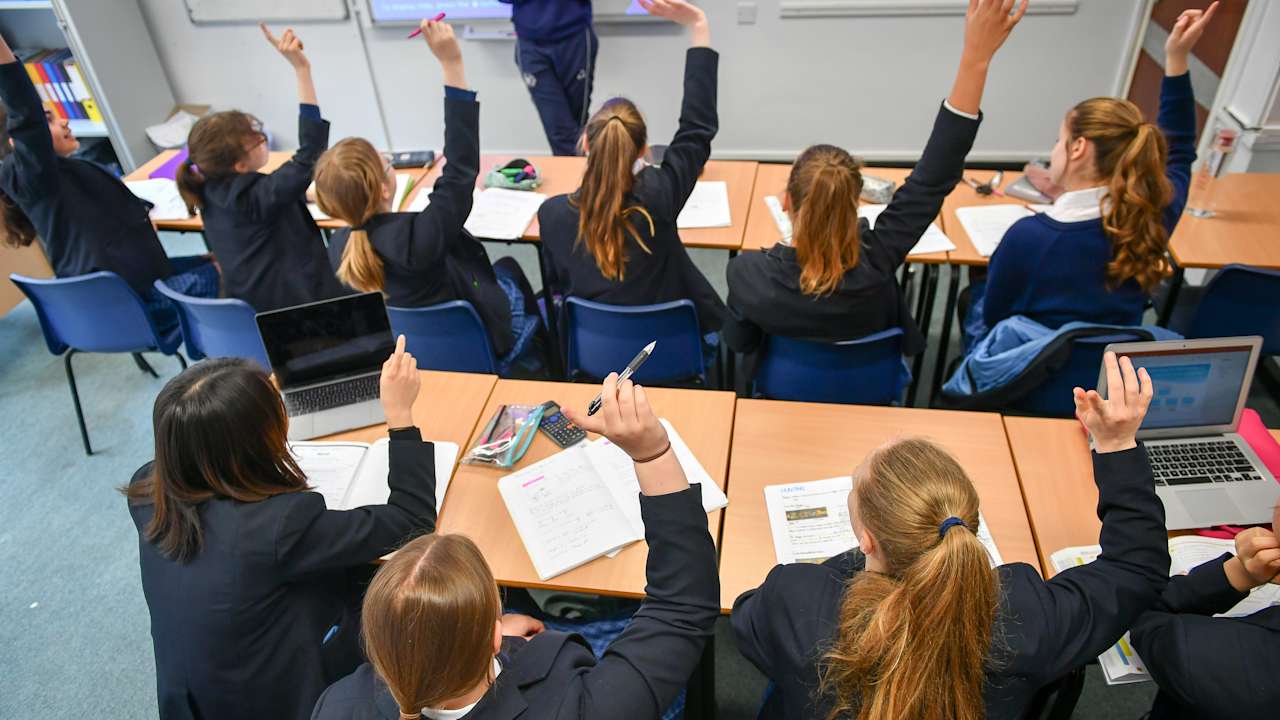
The survey of school staff, carried out for charity The Hygiene Bank and cleaning brand smol, suggests that pupils affected by hygiene poverty have experienced low self-esteem, bullying and isolation.
School staff reported they have personally washed pupils’ uniforms and purchased soap, toiletries and laundry detergent for families in need.
On average, school staff spent around £27 out of their own pocket in the last year on hygiene poverty support for pupils, the poll found.
Brand smol, in collaboration with The Hygiene Bank, has launched a Clean Up Child Hygiene Poverty campaign which is calling on the government to address the issue in its upcoming Child Poverty Strategy.
The Hygiene Bank and smol have estimated that school staff in the UK spent around £40 million of their own money supporting pupils with hygiene poverty issues in the past year.
Ruth Brock, chief executive at The Hygiene Bank, said: “It’s heartbreaking that in 2024 children across the UK are missing out on their education because their families cannot afford what they need to stay clean.
“Hygiene poverty is a silent crisis that impacts not only children’s health and wellbeing, but also their ability to participate fully in school, potentially limiting their life chances. Teachers need to be able to teach; they should not be left to fill the gap, financially and emotionally, by providing these essentials.
“The government’s Child Poverty Taskforce must urgently address this issue ensuring that no child’s future is limited by the shame and isolation caused by hygiene poverty.”
A government spokesperson said: “We are taking action to deliver our mission to break down barriers to opportunity and remove the stain of child poverty from our country.
“That includes legislating to bring down school uniform costs by capping the number of branded items, and as many as 750 schools will begin delivering breakfast clubs as early as next April.
“We have also launched a child poverty taskforce co-chaired by the Education Secretary and Work and Pensions Secretary to listen to front-line staff and struggling families, delivering an ambitious strategy to increase household income, bring down essential costs, and tackle the challenges felt by those living in poverty.”
Follow STV News on WhatsApp
Scan the QR code on your mobile device for all the latest news from around the country


